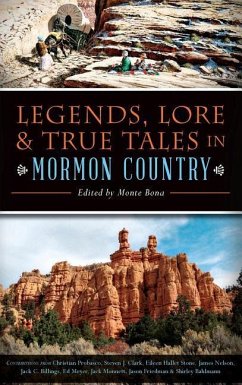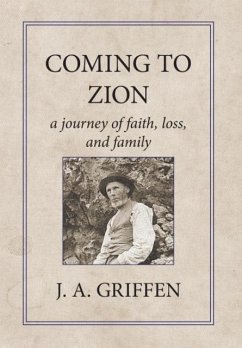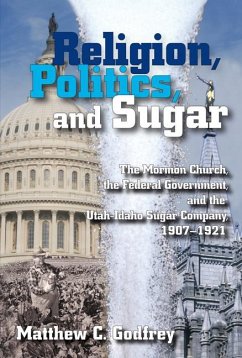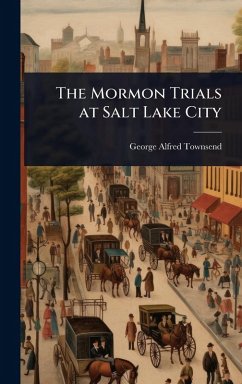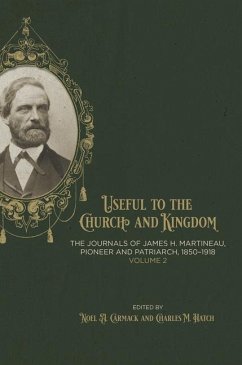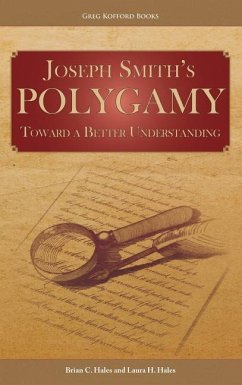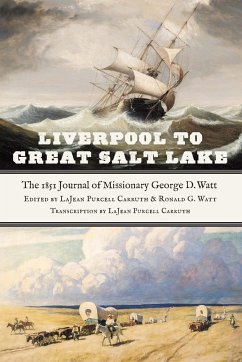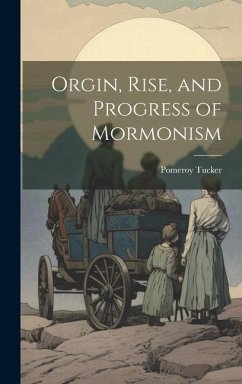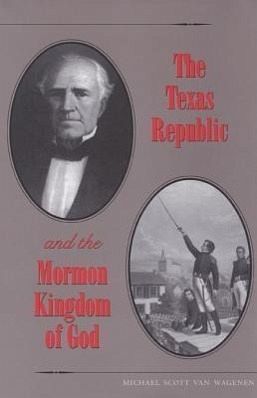
The Texas Republic and the Mormon Kingdom of God
Versandkostenfrei!
Versandfertig in über 4 Wochen
15,99 €
inkl. MwSt.

PAYBACK Punkte
8 °P sammeln!
From its earliest days of colonization, Texas sparked the imagination and ambition of some of North America's greatest leaders. Joseph Smith, the founder of the Church of Jesus Christ of Latter-Day Saints, was one such man. His interest in Texas coincided with the strategic goal of Sam Houston, the president of the young Texas Republic, to create a buffer zone between the areas of Anglo settlement and Mexico. History has until now hidden how close the ambitions of these two men came to carving out a Mormon Kingdom of God in Texas. In 1844 Smith and his followers were received with political je...
From its earliest days of colonization, Texas sparked the imagination and ambition of some of North America's greatest leaders. Joseph Smith, the founder of the Church of Jesus Christ of Latter-Day Saints, was one such man. His interest in Texas coincided with the strategic goal of Sam Houston, the president of the young Texas Republic, to create a buffer zone between the areas of Anglo settlement and Mexico. History has until now hidden how close the ambitions of these two men came to carving out a Mormon Kingdom of God in Texas. In 1844 Smith and his followers were received with political jealousy, religious suspicions, and distaste by their neighbors in Nauvoo, Illinois. Smith looked outside the United States for both refuge and empire. Times were difficult for Sam Houston, as well, as he faced the wrath of Comanches on the Western frontier and Santa Anna on the southern border. He was looking for assistance from England, France, or perhaps even the Mormons. Smith appointed an ambassador to the Texas Republic, and secret negotiations began in earnest. According to Mormon records, Houston agreed to sell Smith a disputed strip of land between the Nueces River and the Rio Grande. Before the Mormon leader could take further action, he was murdered by a mob in Illinois. In the leadership succession crisis that ensued, the negotiations were abandoned. Yet the secret negotiations cannot be seen as a total failure. Houston remained a friend to the Mormons throughout his political career and was later instrumental in ending the Utah War of 1857-58. In addition, a group of Mormon settlers emigrated to the Texas Republic on the eve of statehood and became an important part of the Texas cultural mosaic.



